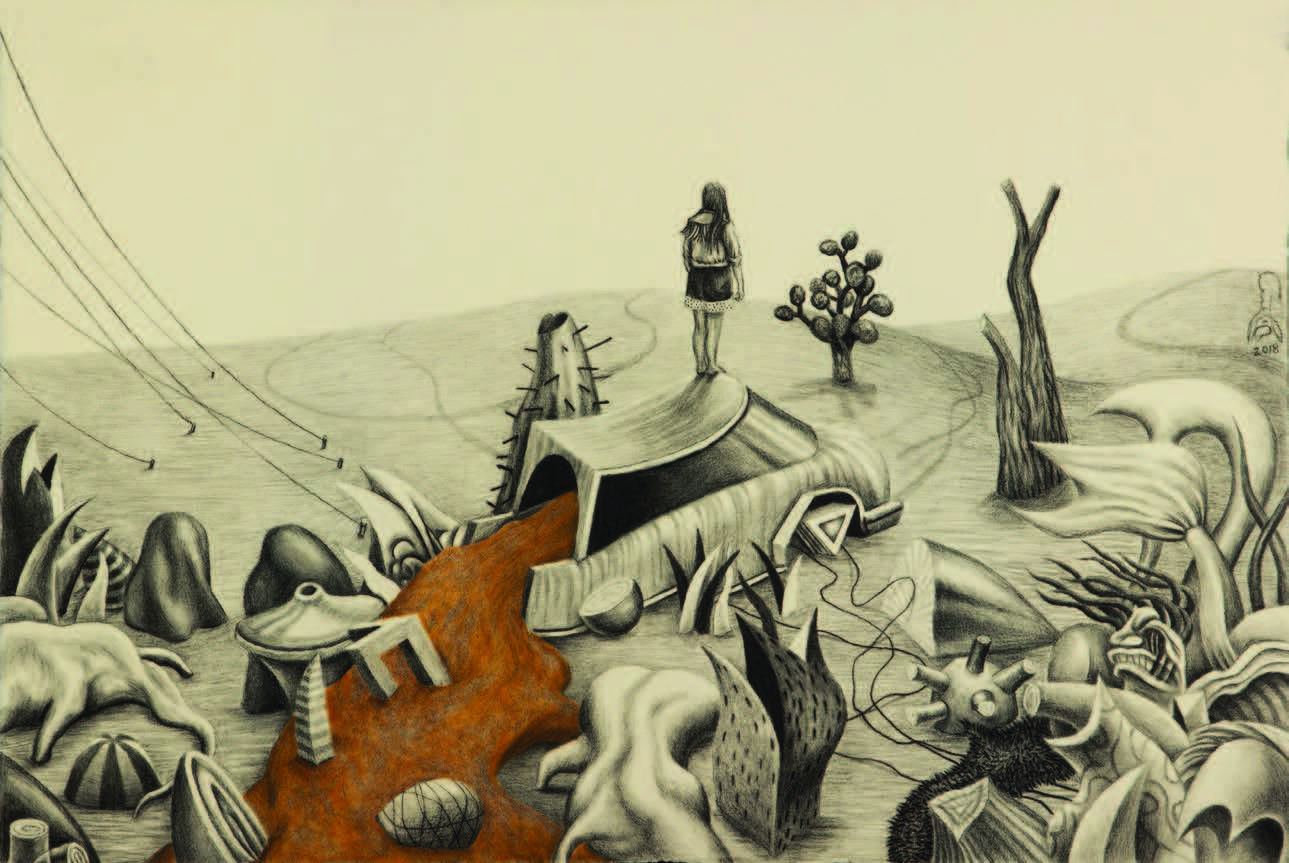The Flute of Dionysus or the Wisdom of Tragedy in Music: A Polyphonic Philosophy on Nietzsche's thought
Published 2024-07-23
Keywords
- Philosophy,
- Music,
- Nietzsche,
- Will to Power,
- Dionysiac
- Tragedy ...More
How to Cite
Abstract
Friedrich Nietzsche's philosophy stands out for being singular, untimely, and Dionysian, in contrast to Hegelian dialectics. For Nietzsche, music is fundamental in his thought, expressing viscerally the complexity of human existence and the will to power. Through his musical reflections, especially in those related to Richard Wagner, Nietzsche delves into key concepts such as the will to power, the eternal recurrence, and the übermensch. Although he initially admired Wagner as his mentor, Nietzsche distanced himself from him due to their ideological and philosophical differences. The break with Wagner symbolizes Nietzsche's independence and his rejection of adhering to pre-established systems. We are sure that Nietzsche's musical meditations offer a unique perspective on his philosophy, exploring life from an aesthetic and affirmative approach, beyond traditional ethics and morality.

